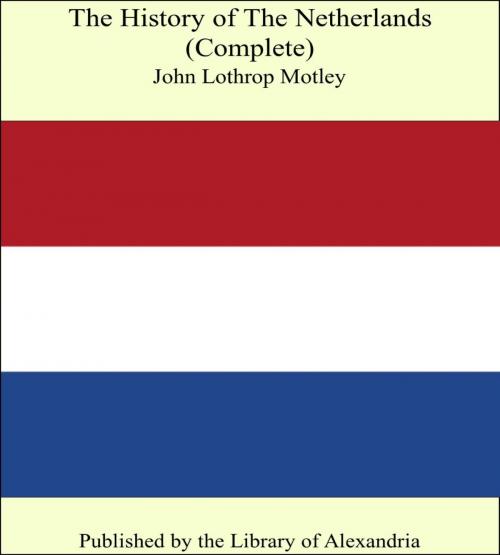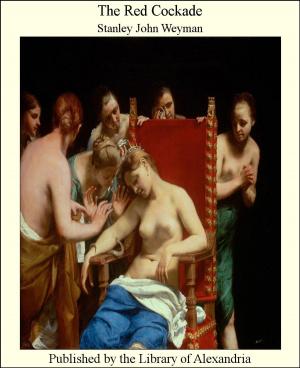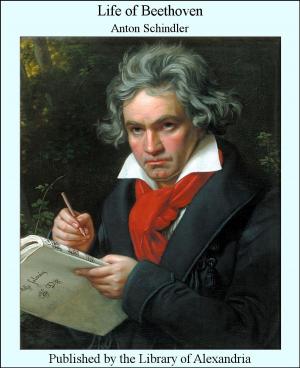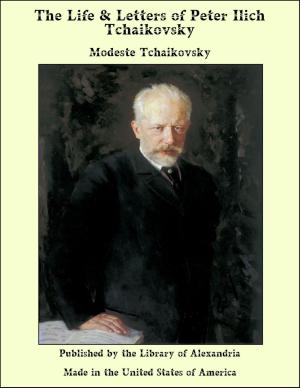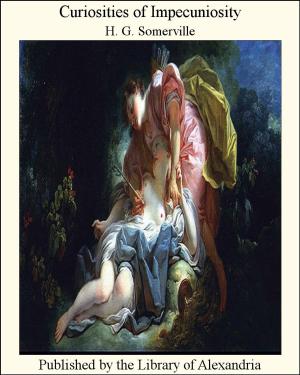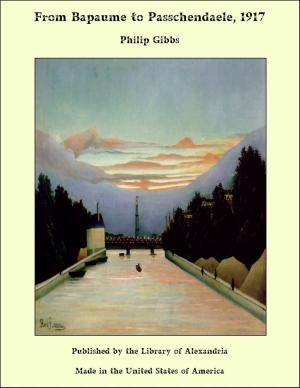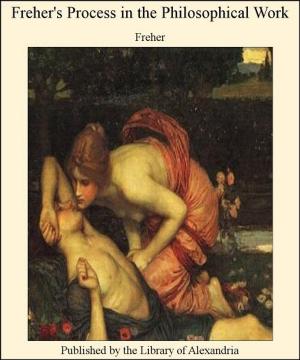The History of The Netherlands (Complete)
Nonfiction, Religion & Spirituality, New Age, History, Fiction & Literature| Author: | John Lothrop Motley | ISBN: | 9781465541857 |
| Publisher: | Library of Alexandria | Publication: | July 29, 2009 |
| Imprint: | Library of Alexandria | Language: | English |
| Author: | John Lothrop Motley |
| ISBN: | 9781465541857 |
| Publisher: | Library of Alexandria |
| Publication: | July 29, 2009 |
| Imprint: | Library of Alexandria |
| Language: | English |
THE RISE OF THE DUTCH REPUBLIC, 1555-1566, Complete A History Corresponding Member of the Institute of France, Etc. 1855 PREFACE The rise of the Dutch Republic must ever be regarded as one of the leading events of modern times. Without the birth of this great commonwealth, the various historical phenomena of: the sixteenth and following centuries must have either not existed; or have presented themselves under essential modifications.—Itself an organized protest against ecclesiastical tyranny and universal empire, the Republic guarded with sagacity, at many critical periods in the worlds history; that balance of power which, among civilized states; ought always to be identical with the scales of divine justice. The splendid empire of Charles the Fifth was erected upon the grave of liberty. It is a consolation to those who have hope in humanity to watch, under the reign of his successor, the gradual but triumphant resurrection of the spirit over which the sepulchre had so long been sealed. From the handbreadth of territory called the province of Holland rises a power which wages eighty years warfare with the most potent empire upon earth, and which, during the progress of the struggle, becoming itself a mighty state, and binding about its own slender form a zone of the richest possessions of earth, from pole to tropic, finally dictates its decrees to the empire of Charles. So much is each individual state but a member of one great international commonwealth, and so close is the relationship between the whole human family, that it is impossible for a nation, even while struggling for itself, not to acquire something for all mankind. The maintenance of the right by the little provinces of Holland and Zealand in the sixteenth, by Holland and England united in the seventeenth, and by the United States of America in the eighteenth centuries, forms but a single chapter in the great volume of human fate; for the so-called revolutions of Holland, England, and America, are all links of one chain
THE RISE OF THE DUTCH REPUBLIC, 1555-1566, Complete A History Corresponding Member of the Institute of France, Etc. 1855 PREFACE The rise of the Dutch Republic must ever be regarded as one of the leading events of modern times. Without the birth of this great commonwealth, the various historical phenomena of: the sixteenth and following centuries must have either not existed; or have presented themselves under essential modifications.—Itself an organized protest against ecclesiastical tyranny and universal empire, the Republic guarded with sagacity, at many critical periods in the worlds history; that balance of power which, among civilized states; ought always to be identical with the scales of divine justice. The splendid empire of Charles the Fifth was erected upon the grave of liberty. It is a consolation to those who have hope in humanity to watch, under the reign of his successor, the gradual but triumphant resurrection of the spirit over which the sepulchre had so long been sealed. From the handbreadth of territory called the province of Holland rises a power which wages eighty years warfare with the most potent empire upon earth, and which, during the progress of the struggle, becoming itself a mighty state, and binding about its own slender form a zone of the richest possessions of earth, from pole to tropic, finally dictates its decrees to the empire of Charles. So much is each individual state but a member of one great international commonwealth, and so close is the relationship between the whole human family, that it is impossible for a nation, even while struggling for itself, not to acquire something for all mankind. The maintenance of the right by the little provinces of Holland and Zealand in the sixteenth, by Holland and England united in the seventeenth, and by the United States of America in the eighteenth centuries, forms but a single chapter in the great volume of human fate; for the so-called revolutions of Holland, England, and America, are all links of one chain
